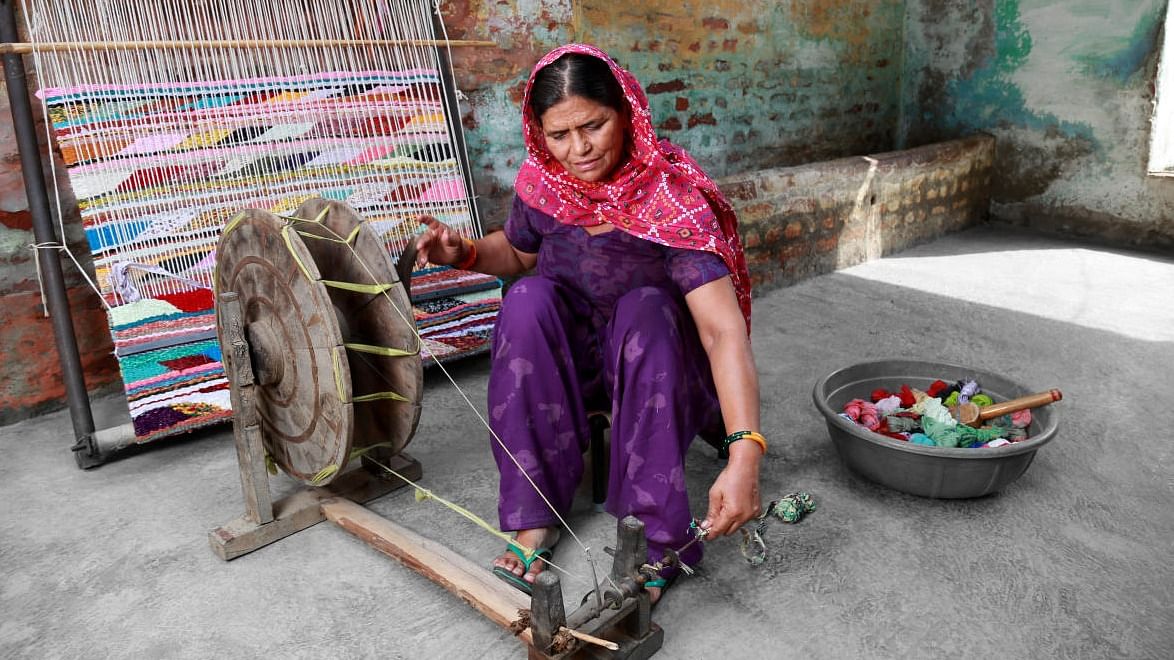
Micro, Small and Medium Enterprises (MSMEs) are the backbone of India’s economy. Few sectors in India can function at peak efficiency without the active participation of MSMEs as a critical part of the supply chain, upstream and downstream. For MSMEs to thrive and the economy to flourish, it is important to create a stronger and more conducive ecosystem by addressing certain critical issues. I hope the 2023-2024 Union Budget energises the MSME sector by bringing about these reforms and policy directives.
We need to address the three key issues - delayed payments, access to finance and at a larger level, putting entrepreneurship on a mission mode through a National Entrepreneurship Mission (NEM).
Delayed payments and access to finance are long-pending industry issues that require a sustained solution with immediate effect. The Delayed Payments report, published by the Global Alliance for Mass Entrepreneurship (GAME) in 2022, highlighted the magnitude of the delayed payments problem, where 5.9 per cent of the gross value added (GVA) in the Indian economy (Rs 10.7 lakh crores) is held up in delayed payments from buyers to MSME suppliers. 80 per cent of this estimated amount is owed to micro and small enterprises, totalling Rs 8.55 lakh crores.
This issue needs a multi-pronged strategy where delayed payments must be added as an indicator within the Ease of Doing Business 2.0 (EoDB 2.0) under development by the Department of Promotion of Industry and Internal Trade. Second, while the Government’s Samadhaan portal has been partially addressing the Delayed Payment problem by allowing suppliers to escalate their issues, enabling Online Dispute Resolution (ODRs) will ensure the effective resolution of all payment-related disputes.
To further empower MSMEs, the government must allow them to act independently against negligent buyers and bring out a formula for delayed payments to directly impact the borrowing costs of large buyers while simultaneously introducing a mandate that will ensure Miniratnas, Maharatnas, and Navratnas transact on Trade Receivables Discounting System (TReDS).
Access to finance for MSMEs is a commonly known problem. Recent data show that 33 per cent-41 per cent of micro-businesses were refused loans because they needed more collateral and/or good credit history, while 21 per cent of the companies needed more paperwork for the application.
Evidence demonstrates that Non-banking Financial Companies (NBFCs)/fintechs are better placed to serve MSMEs given their higher ability for handholding support, lower customer acquisition & collection cost and lower Non-performing Assets (NPAs). However, NBFCs/fintechs are largely dependent on banks for funds, and only the top 30 get 80 per cent of banks’ sectoral exposure. Also, given banks’ risk-averse nature and strict policies related to portfolio health, NBFCs/fintechs avail funds from banks at high interest rates, forcing them to lend at even higher rates to MSMEs. Also, impact NBFCs need a conducive policy environment and handholding support to thrive. We need to look at some policy changes to unlock low-cost credit flow for NBFCs/fintechs that service the MSMEs
Given market unpredictability, businesses with less than five employees adopt seasonal hiring practices and engage migrant workers who might not be registered with the state. However, the government must take these into consideration and present a thorough social security plan. An ‘Emergency Overdraft Facility’ needs to be provided, allowing existing and new businesses easy access to money. The government must also allow for a greater grace period for both GST dues and NPA norms, given the unique challenges that MSMEs face.
In order to catalyse and accelerate entrepreneurship, there is a need for a National Entrepreneurship Mission to help small and micro-entrepreneurs build sustainability, scale and critical mass. Focused interventions are necessary to help entrepreneurs who are either starting formally or are running a formally registered business in urban and rural areas with a revenue potential of Rs 10 lakh to Rs 50 crore and the ability to create more than 10 jobs within 2-3 years of being registered.
The NEM can help amplify existing schemes, unlock capital, and strengthen the regulatory framework while also alleviating the compliance processes by identifying unnecessary or overlapping regulations, rationalising, decriminalising, and updating compliances. The mission can include the development of spatial hubs in select locations—a healthy, diverse and inclusive entrepreneurship ecosystem.
MSMEs operate in a state of flux. Existing infrastructure like incubators and accelerators, industrial zones, and capacity-building facilities may be revitalised by the NEM. It can create a common lattice of law, tax, human resources governance, audit, and other shared service providers. The NEM can work with NBFCs and fintech companies to develop customised solutions for grassroots problems that women and other vulnerable groups face, like a lack of credit score and collateral in their names.
As we sail past the figure of eight billion on the global population metric, one daunting prospect the nation faces is unemployment. MSMEs hold the key to addressing this issue and have all the potential to do so – provided we do our bit in helping them soar!
(The author is Co-founder, GAME, Founder & CEO, 1Bridge, and president, TiE Bangalore)